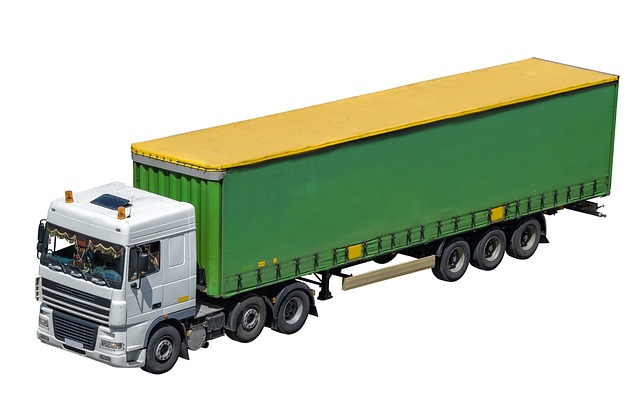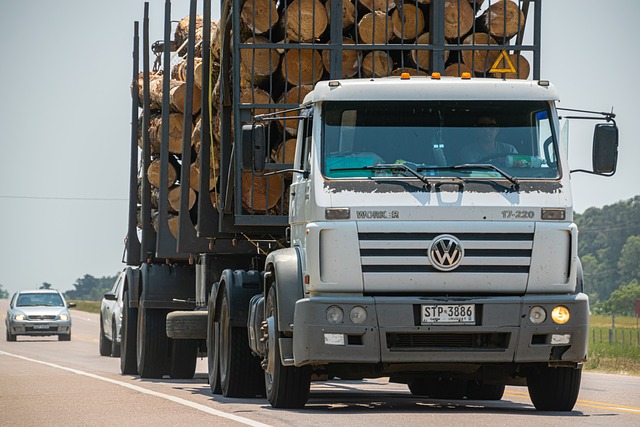Rental truck insurance provides specialized protection for individuals and businesses renting large vehicles. It covers damage, theft, and accidents, ensuring compliance with rental agreements. Occasional renters can opt for temporary truck insurance, while frequent users need comprehensive rental business truck insurance. Policies vary in terms of liability, collision, and cargo coverages, catering to personal or business needs. Choosing the right insurance matches your rental frequency and risk level, minimizing potential financial losses during the rental period.
When renting a truck, whether for personal or business use, understanding your insurance options is crucial. Rental truck insurance isn’t just about protecting your assets; it’s also about managing potential liabilities. This comprehensive guide explores various types of truck rental coverage, common exclusions, and essential steps to choose the right policy for your needs, ensuring peace of mind while operating a rented vehicle. Dive into these insights to safeguard your business and avoid unexpected costs associated with temporary truck insurance.
- Understanding Rental Truck Insurance: What It Covers and Why It's Essential
- Different Types of Truck Rental Coverage Options Explained
- Common Liabilities Excluded by Standard Policies: Protecting Your Business
- How to Choose the Right Rental Truck Policy for Your Needs
Understanding Rental Truck Insurance: What It Covers and Why It's Essential

Rental truck insurance is a crucial safety net for anyone renting a large vehicle, whether it’s for personal or business use. This type of insurance provides temporary truck insurance coverage that extends beyond standard auto policies, addressing unique risks associated with rented vehicles. It’s essential not just for financial protection but also to ensure compliance with rental agreements, which often require specific levels of liability coverage.
The policy covers a range of potential incidents including damage to the vehicle, theft, and liability for any accidents caused while driving the rented truck. For businesses using trucks in their operations, having this insurance can protect against significant financial losses and legal liabilities. By understanding what rental truck insurance covers, individuals and companies can make informed decisions, ensuring they’re adequately protected during their time with a rental vehicle.
Different Types of Truck Rental Coverage Options Explained

When renting a truck, understanding your coverage options is crucial to protecting yourself from potential liabilities. Rental truck insurance isn’t one-size-fits-all; several types of coverages are available, each catering to different needs and risk levels. Rental truck liability coverage is a basic policy that shields you from financial losses in case of property damage or personal injury caused during the rental period. It’s essential for protecting against claims and legal fees, but it doesn’t cover your own vehicle or belongings.
For comprehensive protection, consider rental business truck insurance, which includes liability, collision, and comprehensive coverage. This option is ideal for those who rent trucks frequently for business purposes, offering peace of mind with broader protection for the rented vehicle. Additionally, temporary truck insurance is a flexible solution for one-time or occasional renters, ensuring they’re covered without committing to long-term policies. Remember, the right insurance for rented trucks and rented vehicle insurance depends on your specific needs and rental frequency.
Common Liabilities Excluded by Standard Policies: Protecting Your Business

Many standard rental truck policies exclude certain liabilities that can pose significant risks to your business if left uncovered. These common exclusions include damages caused by the driver’s negligence, theft or vandalism of the vehicle, and liability for injuries or property damage to third parties resulting from an accident.
When you offer truck rentals as part of your business, it’s crucial to ensure comprehensive insurance coverage. Opting for a policy that includes specific rental truck liability coverage protects your company from potential financial losses and legal responsibilities associated with these excluded liabilities. This step is essential in safeguarding your business interests and providing peace of mind during the temporary ownership of your rented vehicles.
How to Choose the Right Rental Truck Policy for Your Needs

When selecting a rental truck policy, understanding your specific needs is key. Consider the purpose of your truck rental – whether it’s for personal use on a one-time basis or for business operations requiring regular transport. Temporary truck insurance policies cater to occasional renters, offering basic coverage options like liability and collision damage waivers. For businesses relying heavily on rented vehicles, opting for a comprehensive rental business truck insurance plan is advisable. This ensures extensive protection against various risks, from theft and natural disasters to accidents and legal liabilities.
Evaluate the scope of coverage provided by different policies. Rental truck liability coverage protects you against claims arising from accidents involving your rented vehicle. It also covers medical expenses and property damage responsibilities. Additionally, consider add-on features like cargo insurance if transporting valuable goods. By carefully reviewing these aspects, you can tailor your rental truck insurance to match the level of protection required for your unique circumstances, thereby minimizing potential liabilities during the rental period.
When renting a truck, ensuring adequate insurance protection is paramount for any business or individual. By understanding the nuances of rental truck insurance and selecting the right policy, you can mitigate potential liabilities and enjoy peace of mind while using a temporary vehicle. Remember, different coverage options cater to various needs, so choose wisely based on your specific requirements to avoid costly surprises.
